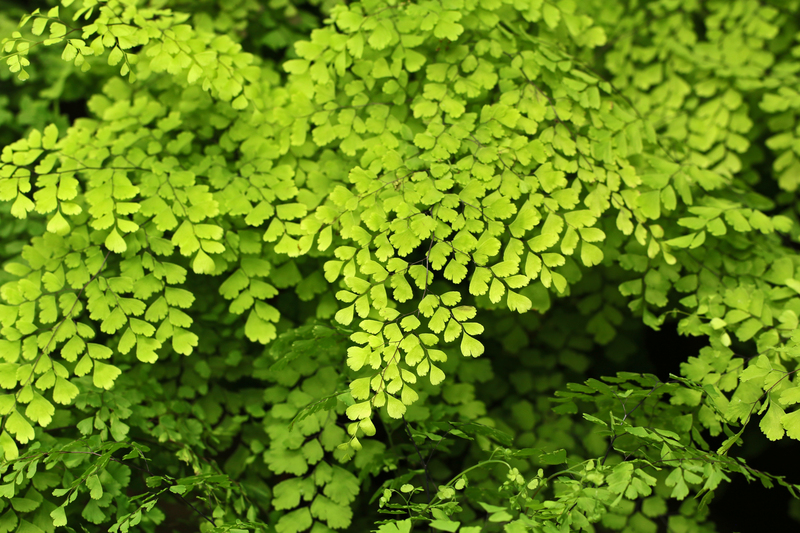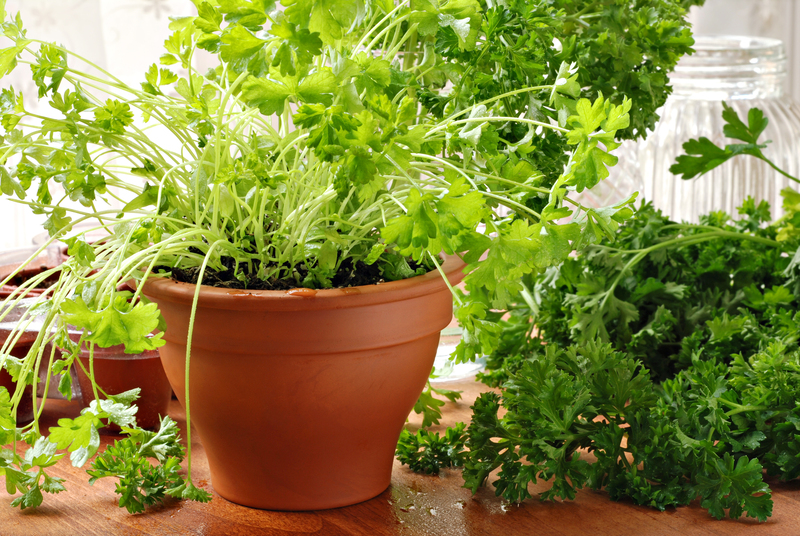First-Time Gardeners: 9 Key Tips
Posted on 21/04/2025
Gardening is a rewarding hobby that brings you closer to nature and can provide a wealth of benefits, from improved mental health to fresh fruits and vegetables. However, for first-time gardeners, the journey can be a bit overwhelming. With a little advice and some thoughtful planning, your garden can flourish from the get-go. Here are nine key tips to help you get started.
1. Choose the Right Location
The first and most crucial step in setting up your garden is choosing the right location. Ideally, select a spot that gets at least 6-8 hours of direct sunlight per day, as most vegetables and many flowers require full sun. Additionally, ensure your garden is close to a water source to make the task of watering conveniently manageable.

2. Understand Your Soil
Soil is the foundation of your garden. Good soil is rich in organic matter and has a balance of essential nutrients. Conduct a soil test to determine its pH level and nutrient content. Amending your soil with organic compost or fertilizers can enhance its quality, ensuring a fertile bed for your plants.
3. Start Small
Being ambitious is great, but as a novice gardener, starting small can prevent you from feeling overwhelmed. A small garden is easier to manage and will allow you to learn gardening basics without becoming discouraged. As you gain confidence and experience, you can gradually expand your garden.
4. Choose the Right Plants
Select plants that are suited to your climate and soil conditions. For beginners, hardy plants such as tomatoes, peppers, lettuces, and marigolds are excellent choices. Consulting with local gardening centers or extension services can provide you with a list of plants that grow well in your area.
5. Water Wisely
Watering is crucial, yet tricky. Overwatering can lead to root rot while underwatering can cause plant stress. Stick to a routine: most garden plants thrive on consistent moisture. In the early morning or late evening, the evaporation rate is lower, and water can penetrate the soil better. Using mulch around plants can help retain moisture.
6. Learn About Pests and Diseases
Pests and diseases can wreak havoc on a garden. Regularly monitoring your garden for any signs of trouble can help you catch problems early. Educate yourself about common pests and diseases in your area and explore organic and chemical treatment options. Companion planting, such as planting marigolds with tomatoes, can naturally deter pests.
7. Use Good Quality Tools
Investing in good quality gardening tools can make your job much easier and more enjoyable. Essential tools include a spade, hand trowel, pruners, and a watering can. Well-made tools are more efficient and last longer, making your gardening experience smoother.
8. Keep a Gardening Journal
Maintaining a gardening journal can be incredibly helpful. You can track plant growth, note any problems encountered, and plan for next year's garden. It's a fantastic way to learn from experiences and continuously improve your gardening skills.
9. Be Patient and Enjoy the Process
Gardening is a journey, not a destination. Be patient with your plants and yourself. There will be successes and failures, but every experience is a stepping stone to becoming a better gardener. Enjoy the process, cherish the moments of growth, and learn from your mistakes.
Pros and Cons of Gardening
Like any hobby, gardening has its pros and cons. Here's a quick look at what you can expect:
- Pros:
- Improved mental health through stress relief and increased happiness.
- Fresh, home-grown produce free of pesticides.
- Increased physical activity that can improve overall fitness.
- Enhanced creativity and a sense of accomplishment.
- Cons:
- Initial setup can be time-consuming and costly.
- Ongoing maintenance can be labor-intensive.
- Susceptibility to pests and diseases can be discouraging.
- Weather dependency can add unpredictability to the outcomes.
Tips for Successful Gardening
- Consistent watering is key, but avoid overwatering.
- Weeding regularly minimizes competition for nutrients.
- Rotate crops annually to maintain soil health.
- Add mulch to conserve moisture and suppress weeds.
- Use organic compost to enrich the soil.

Takeaways
For first-time gardeners, starting small and keeping things simple is essential. Focus on understanding your soil, choosing the right plants, and maintaining a regular watering schedule. Keep an eye out for pests and diseases, and be prepared to invest time in your garden regularly. Enjoy the process and remember that practice makes perfect.
Conclusion
Gardening is a fulfilling activity that can bring joy, relaxation, and healthy food to your life. By following these nine tips, you'll be well on your way to becoming a successful gardener. Embrace the learning curve, take your time, and most importantly, enjoy every step of the journey. Happy gardening!
Latest Posts
Creating a Serene Zen Garden Oasis
Perfect Mow Timing: How Often to Trim Your Lawn?



